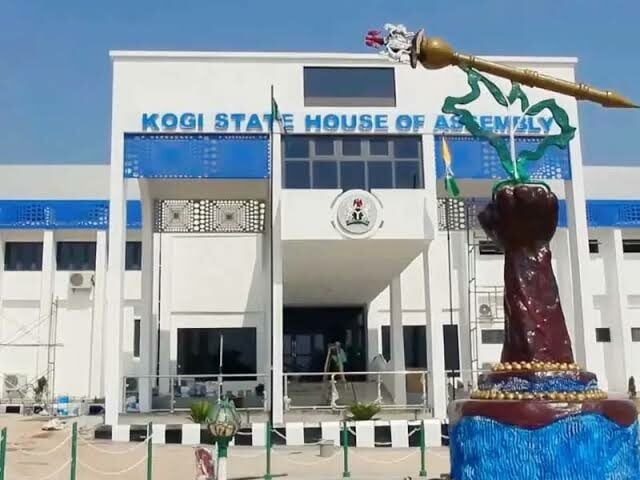The Kogi State House of Assembly has called on INEC to restore 12 suppressed state constituencies in accordance with constitutional provisions, court judgments and recent resolutions of the National Assembly.
The call which followed a motion moved by the member representing Kabba/Bunu State Constituency, Hon. Seyi Bello, noted that the 1999 Constitution empowers INEC under Sections 112, 114 and the Third Schedule to conduct constituency delimitation and ensure equitable population distribution across constituencies.
The lawmaker said Section 91 of the constitution prescribes that states must have between three and four times their number of federal constituencies represented in their state assemblies.
With Kogi having nine federal constituencies, Hon. Bello said the state should constitutionally have between 27 and 36 state assembly seats.
“Kogi State currently has only 25 constituencies, which falls below the constitutional minimum,” he said.
He recalled that upon the creation of Kogi State in 1991, the First Assembly had 32 constituencies, however, a 1998 INEC review suppressed 12 constituencies including Kabba-Bunu II, Ijumu II, Koton Karfe I, Yagba West II, Adavi II, Ife/Ogodu, Igala Ogba, Okura, Enjema, Dekina Town, Olamaboro II and Bassa-Nge/Gbirra.
Hon. Bello who described the suppression as a grave violation of the constitutional rights of the affected communities, referenced two court cases: a 2014 suit by the Kogi State Government, which in 2015 secured a Federal High Court judgment ordering INEC to restore six constituencies in Kogi East; and another by Omoluabi Olabode Adeyemi seeking the restoration of Kabba-Bunu II Constituency.
The lawmaker further drew attention to a March 19, 2025 resolution by the House of Representatives directing INEC to restore suppressed constituencies in both Kogi and Delta States, adding that the continued delay denies citizens their right to full and fair representation.
Expressing concern, the lawmaker said the failure to conduct the delimitation exercise has deprived the state of equitable development and weakened democratic representation for over two decades.
Lawmakers from various parts of the state strongly supported the motion, citing demographic growth, constitutional imbalance and historical evidence.





